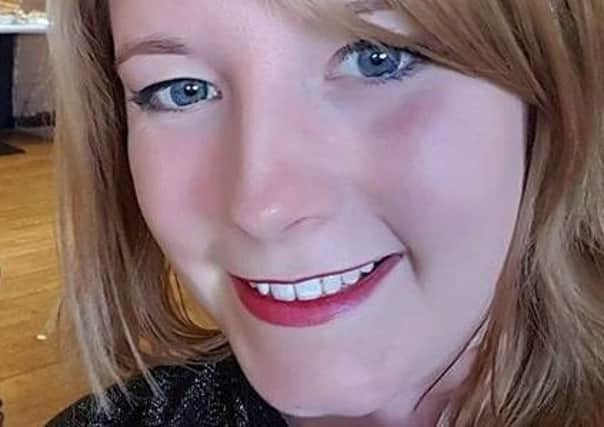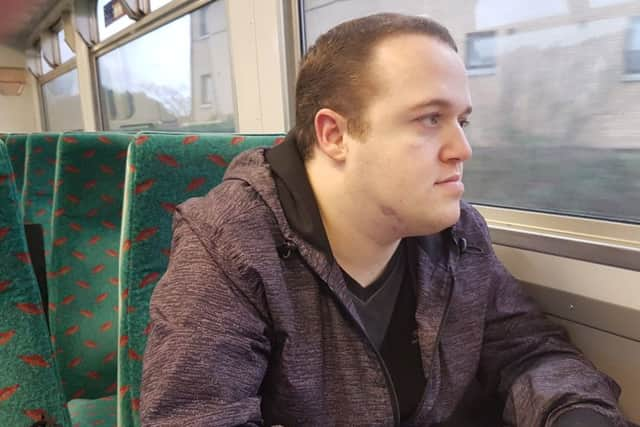Fiona McGrevey: The train can be a strain if you're autistic


Nine out of 10 autistic people we surveyed say unexpected changes on public transport can make them feel anxious. During World Autism Awareness Week we launched a film called Diverted to help everyone understand autism better.
Disrupted journeys can be frustrating for anyone, but can feel like the end of the world to some autistic people. Just over half (52 per cent ) of autistic people say that a fear of experiencing unexpected changes has stopped them from going on a bus or train. Some people are so worried that they don’t leave the house at all – and this can contribute to autistic people being socially isolated.
Advertisement
Hide AdAdvertisement
Hide AdTwenty-eight year old Christopher, from Girvan, Ayrshire, is autistic and faces anxiety issues daily. A contributing factor are the barriers he faces because of his autism. He told me about a day trip to the Glasgow Botanic Gardens when he had to go on the subway and the noise and shaking affected him so much that he had to cover his ears and eyes.


He wished the journey would end because he was so embarrassed and felt everyone was looking at him.
Christopher, who attends National Autistic Society social groups in Scotland, is not alone. Our new survey reveals that 67 per cent of autistic people feel the public react negatively (stare, tut, make comments, roll their eyes) when they try to calm themselves down (flapping their hands or rocking back and forth). We know that people don’t set out to be judgmental. The problem is that they often don’t see the autism, they just see somebody acting in a way that isn’t familiar.
Did you know that 58,000 people in Scotland are thought to be on the autism spectrum?
Being autistic means seeing, hearing and feeling the world in a different, often more intense way to other people. Autistic people often find social situations difficult and may struggle to filter out the sounds, smells, sights and information they experience, which can leave them feeling overwhelmed, particularly in busy public places.


As autistic people and their families consistently rate an increase in public understanding as one of the most important things we can do as a charity to help, we launched Too Much Information in April 2016.
The coinciding report revealed that while 99.5 per cent of people in Scotland had heard of autism, only 15 per cent of autistic people and their families thought the public understood it in any meaningful way.
A total of 66 per cent of autistic people told us that they felt socially isolated, and 27 per cent had been asked to leave a public space because of behaviour associated with autism.
Advertisement
Hide AdAdvertisement
Hide AdOur overarching aim remains to improve the lives of autistic people and their families by changing public attitudes. The latest phase of the campaign will help people understand more about autism, so that they can recognise that someone may be autistic and respond in an understanding and helpful way. Delays, disruptions and cancellations are part of everyday life, so we’re asking the general public to find out more about autism, so they can recognise when someone might be feeling overwhelmed and what they can do to help.
Some autistic people say travelling on public transport is easier for them when they have someone to talk to during the journey. But remember, every autistic person is different and some people may not feel able to talk. They may just need space. It’s as much about what you don’t do, as what you do do.
Autistic people are some of the most isolated in the UK. At the National Autistic Society Scotland, we won’t accept a world where autistic people feel they have to shut themselves away. We know that by improving understanding of autism we can turn public judgement into empathy and kindness – and make sure autistic people, like Christopher, no longer feel excluded from public life.
Unexpected changes are a part of everyday life. But we can all help, by finding out more about autism and the small things which make the world a more autism-friendly place.
For more information please go to http://www.autism.org.uk/tmi
Fiona McGrevey, the National Autistic Society Scotland.